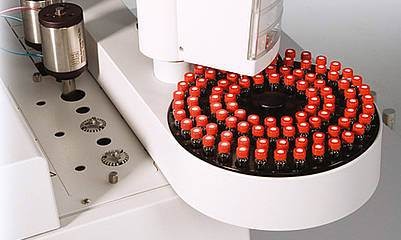
Meredith Conoley at Bruker explores technology developments ahead for GCMS.
What is currently driving demand for GCMS development at Bruker?
At the moment, the Asia Pacific region is hugely important. That is where you have lots of fruit and vegetables produced and exported and there is tremendous growth in the number of laboratories where analysis is done.
For Bruker, and our GCMS product line, that represents a huge opportunity.
Do you believe regulators have a good understanding of the technology available?
I believe they have a better understanding than they once did.
Sometimes the challenge is for a regulator who sees a new technology that needs to operate in a research environment not in a production laboratory environment.
So we have to build instruments that not only reach those higher levels of detection but are also extremely sensitive to the work load demands.
For something that is considered to be a mature technology GCMS has certainly given us new problems to tackle.
What do you believe will drive further development in the technology?
Today, we’re targeting certain compounds…We know what we’re looking for.
For instance, in agriculture the challenge is that the regulators know what type of pesticides must be sprayed- what they don’t know is in the irrigation water that these places are using, what type of pollutants are present.
So non-targeted compounds are increasingly becoming a concern. I believe the unknown analysis will rapidly become more and more of a challenge for us. To tell us, what is in a sample? That will be spurring research as we go further.




